
Election of Parliamentary Committee Chairman: Parties to Determine ‘Right Man in the Right Place’ Approach?
The selection process for the leadership of parliamentary committees, often referred to as ‘mini parliaments,’ has been set into motion. Merely nine months following the House of Representatives elections, the process of appointing the committee leaders has commenced.
This juncture presents a crucial test for the political parties represented in the parliament. The question arises whether they will appoint a committee chairman who might have conflicts of interest, or if they will adhere to the principle of ‘Right Man in the Right Place’ (RMINRP). The electorate eagerly awaits this decision.
In a recent session of the House of Representatives, the Speaker announced that the election for the chairmanship of all ten subject committees is scheduled for Monday at 3:00 PM.
Secretary Padmaprasad Pandey shared that an election schedule has been released, allowing the submission of nomination proposals from 11:00 AM to 4:00 PM on Sunday. A nominated member requires support from another committee member to contest the chairman election.
Presently, the committee meetings are overseen by the senior committee members in the capacity of interim chairpersons.
The Responsibility Gap: A Warning from Former Speaker Nemwang
Subaschandra Nemwang, the Speaker of the Constitutional Assembly, highlighted the significance of parliamentary committees in the democratic system, likening them to ‘mini parliaments.’ He underscored that these committees ensure accountability of the government, cabinet, prime minister, and ministers before the federal parliament.
The parliamentary committee operates as a formal extension of the parliament, conducting comprehensive discussions on topics and proposals pertinent to the nation’s and public’s interests. Nemwang emphasized, “The federal parliament holds the government and entire cabinet accountable through the parliamentary committee, moving beyond mere formality.”
Expressing concern, former Speaker Nemwang hinted at the political parties’ failure to fulfill their core responsibilities, evident in the delay in electing committee chairpersons.
Nemwang, deputy leader of the CPN (UML) parliamentary party, remarked, “We aim to establish transparency and accountability to the people through the committee. It offers a suitable platform for constructive results based on open and in-depth discussions concerning the constitution, laws, and parliamentary values. Though belated, I’m content with the leadership.”
Party Allocation and Inclusivity Considerations
In this allocation, the ruling party Nepali Congress claims four seats, CPN (Maoist Center) two, CPN (UML) three, CPN (Unified Socialist) one, and Janmaat Party one from the joint committee and the ten thematic committees under the House of Representatives.
Nemwang asserted, “All parties should feel included within the parliamentary procedures and values. Power dynamics and committee responsibilities are distinct. The fourth and fifth positions are presumed to be entitled to seats.” The National Independence Party ranks fourth, while the National Democratic Party (RPP) holds the fifth position in the parliament.
Emphasizing Inclusivity in Leadership Selection
Nemwang urged that the selection of committee leaders should reflect the principles of inclusivity and proportionality as stipulated in the constitution.
Ekram Giri, the spokesperson of the Parliamentary Secretariat, outlined the roles of the Parliamentary Committee, which include drafting laws, examining and monitoring executive actions, and offering necessary instructions and advice.
“The committee assesses the implementation status of laws and analyzes governmental work,” Giri explained.
On Monday, new leadership will be instated for committees under the House of Representatives, such as the Finance Committee, International Relations and Tourism Committee, Industry and Commerce and Labor and Consumer Affairs Committee, Law, Justice and Human Rights Committee, Agricultural Cooperatives and Natural Resources Committee, Women and Social Affairs Committee, State Order and Good Governance Committee, Infrastructure Development Committee, Education, Health and Information Technology Committee, and Public Accounts Committee.
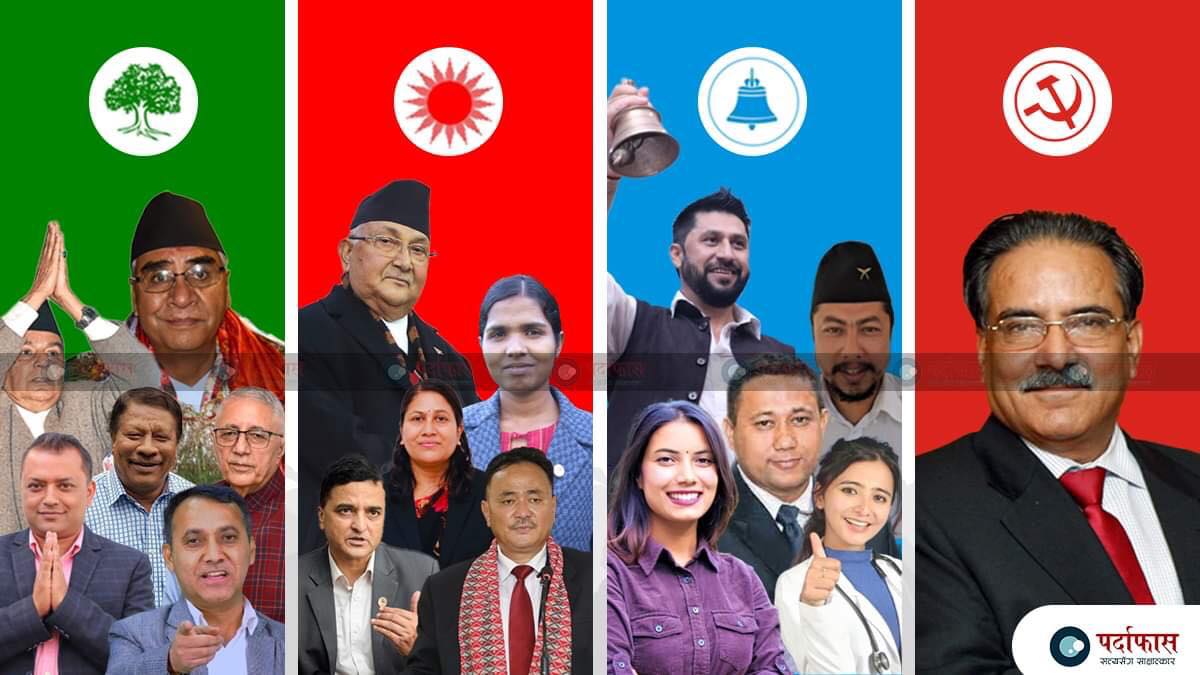
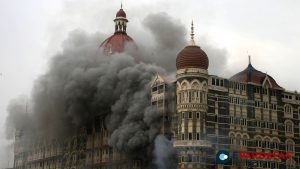
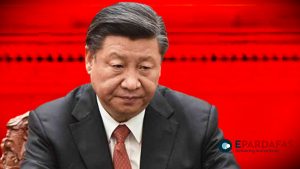
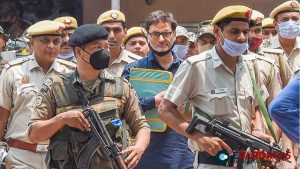

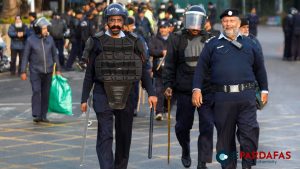
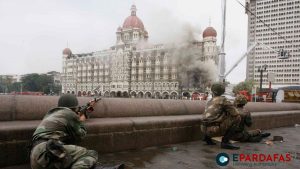






Comments